10 Dec 2014 | Awards, Pakistan
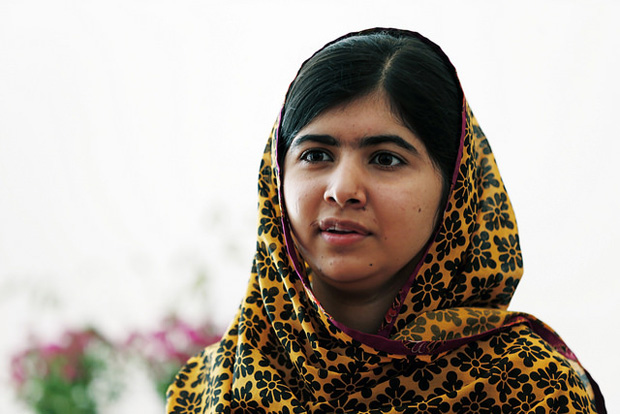
Malala Yousafzai Photo: (©Torbjørn Kjosvold/FMS/CreativeCommons/Flickr)
Pakistani education campaigner Malala Yousafzai will accept the 2014 Nobel Peace Prize today in Oslo. Yousafzai shares the award with Kailash Satyarthi, an Indian children’s rights activist. The ceremony can be viewed live at 11:50am GMT.
Yousafzai was awarded the Doughty Street Chambers Advocacy award based on her work at the 2013 Index on Censorship Freedom of Expression Awards.
In October 2012, a Taliban gunman shot education campaigner Malala Yousafzai in the head and chest for her activism, as she was returning home from school in Pakistan’s Swat district. After months of treatment, she returned to school in Birmingham later that year.
The schoolgirl’s father, Ziauddin Yousafzai, accepted the award on his daughter’s behalf saying:‘I want to give a message to the world. I didn’t do anything special. As a father, I did one thing, I gave her the right of freedom of expression. All fathers and mothers, give your daughters and sons freedom of expression. Freedom of expression is a most important right. The solution of any conflict is to say the right thing, to speak the truth.’
At 17, Yousafzai is the youngest ever winner of the Nobel Prize. Fellow recipient, Kailash Satyarthi has lead various peaceful protests and demonstrations, focusing on the exploitation of children for financial gain. He formed the Bachpan Bachao Andolan, translated as, Save the Childhood Movement, which combats child labour.
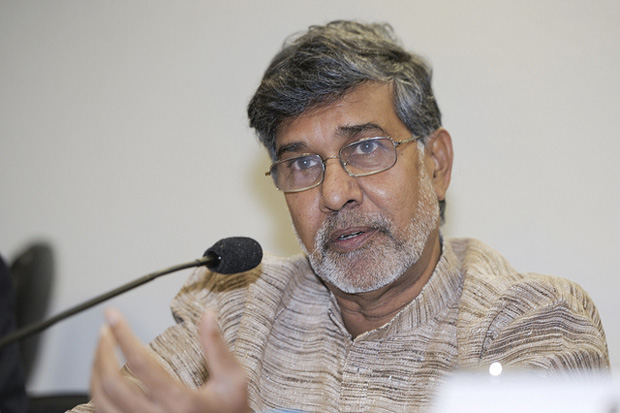
Kailash Satyarthi (Photo: ©José Cruz/Agência Senado/CreativeCommons/Flickr)
This article was posted on 10 Oct 2014 at indexoncensorship.org.
9 Dec 2014 | About Index, Campaigns, Draw the Line, Young Writers / Artists Programme, Youth Board
The second cohort of Index on Censorship’s Youth Advisory Board was announced today. The members will discuss topical freedom of expression events, participate in #IndexDrawtheLine debates and advise Index on youth issues. The new board will sit from December 2014 to May 2015.
Index on Censorship Youth Advisory Board:
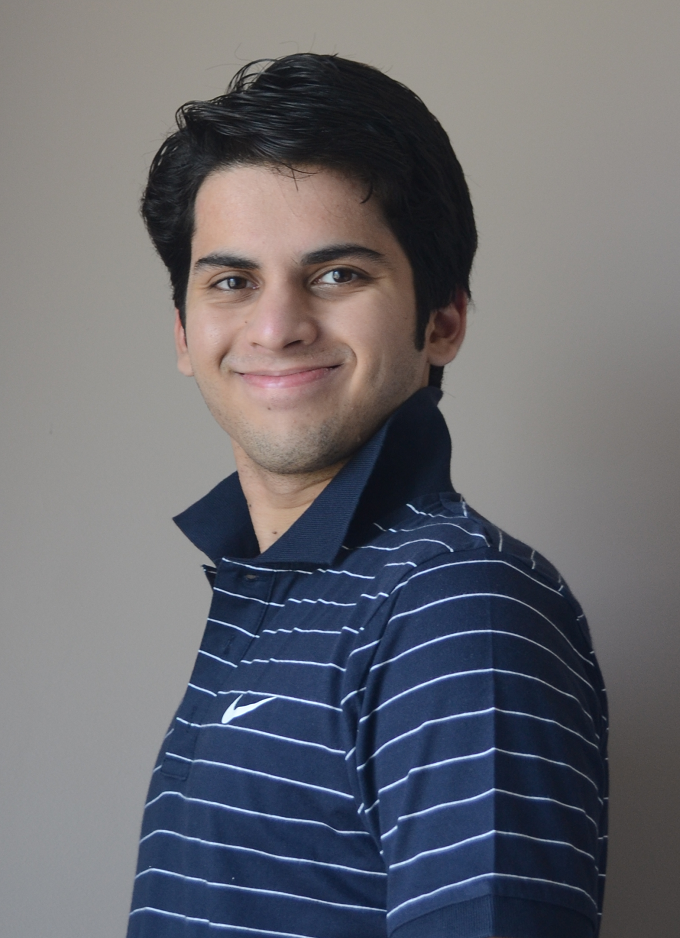 Abishek Phadnis
Abishek Phadnis
Abhishek recently completed a Master’s in Diplomatic History from the London School of Economics, and is due to commence doctoral research on an early history of the Indian nuclear weapons programme. As a secularist activist and a fierce campaigner against theocratic censorship in England, he has been honoured by the British National Secular Society for “bravely challenging Islamist groups, his own university (LSE) and Universities UK over important and fundamental issues such as free speech.
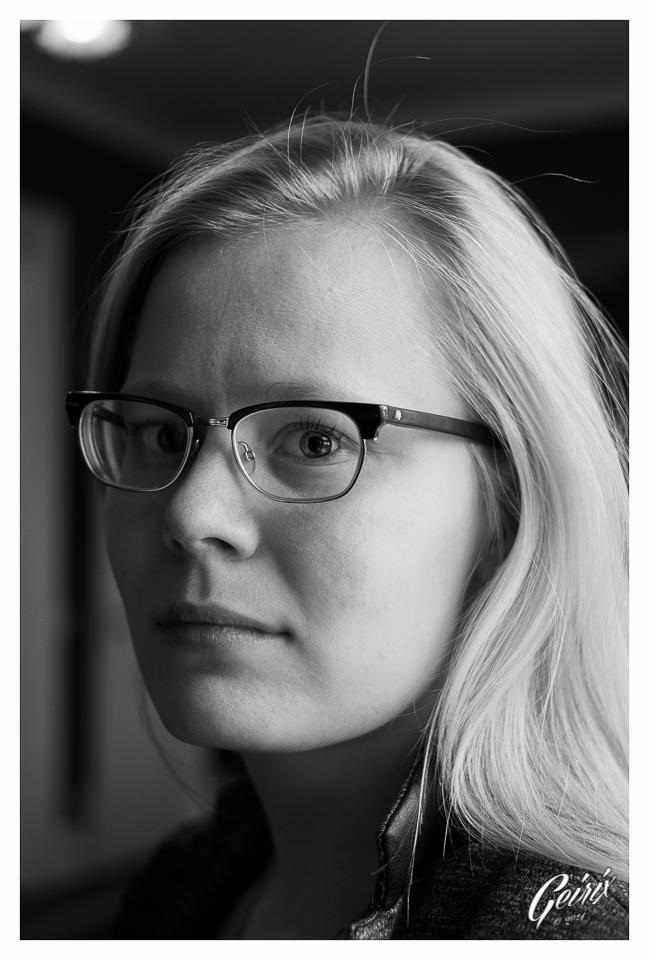 Ásta Helgadóttir
Ásta Helgadóttir
Ásta is a deputy member of the Icelandic Parliament for the Icelandic Pirate Party and will take position as an MP in the fall of 2015. Her interest in censorship is both political and academic, mainly focused on the aspects of European legal justifications regarding modern day technological censorship.
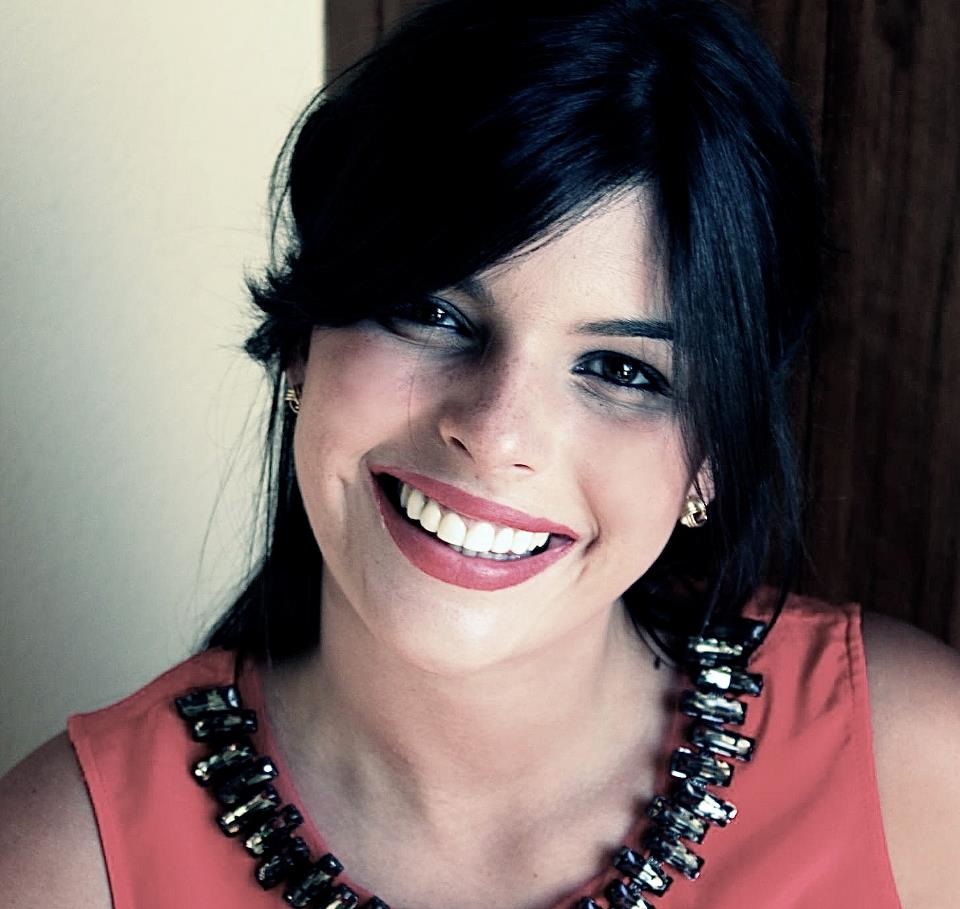 Catarina Demony
Catarina Demony
Catarina is the founder of The Voiceless, a media platform about human rights violations, and recently graduated from Kingston University with a Journalism degree. Currently, she works in the communications team at London School of Economics Students’ Union, as well as University of the Arts. Catarina also works closely with Amnesty LDN, part of Amnesty International movement for recent graduates and young professionals.
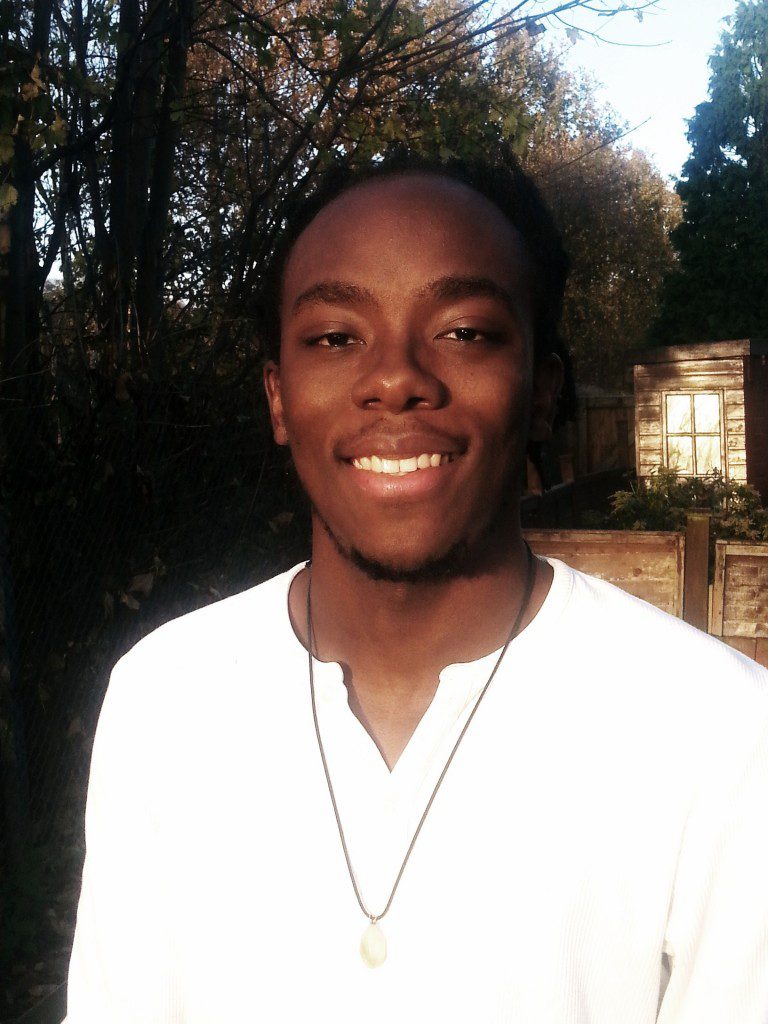 Jordan Mitchell
Jordan Mitchell
Jordan is a human rights advocate, writer, and Truth About Youth associate working with Ovalhouse Theatre. Based in London, he believes it is imperative for the under-represented to be given a platform, with a particular focus on the role of the media.
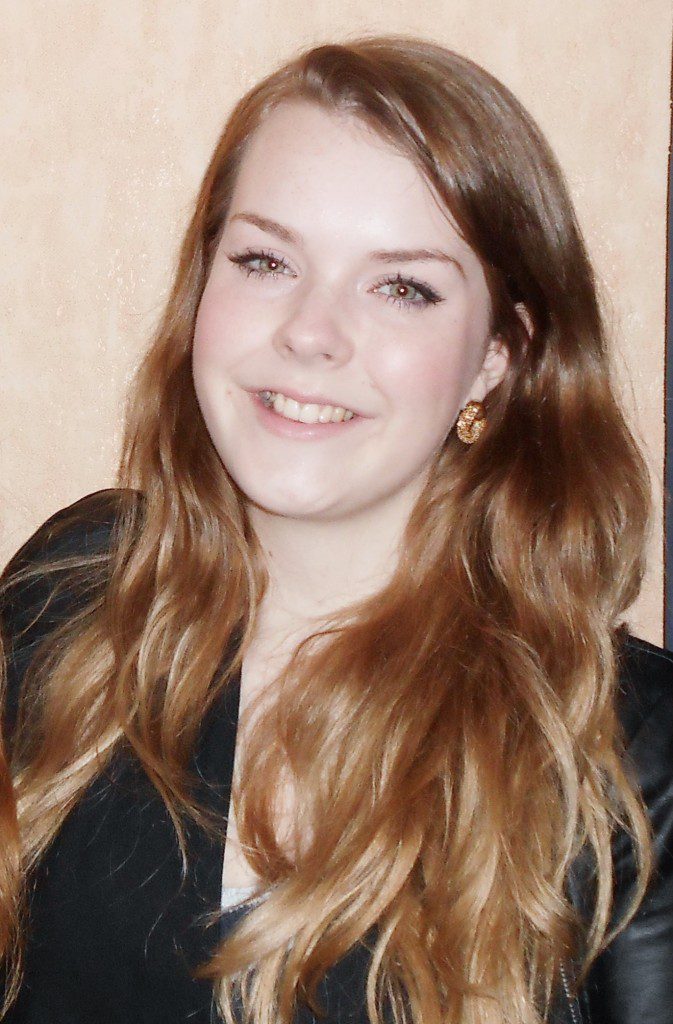 Kay Robinson
Kay Robinson
Kay is studying History and Politics at Lancaster University, and is sub-editor for the International Political Forum. A strong supporter of human rights, she believes that free and equal platforms of expression have a crucial role in forming safe, empowered societies.
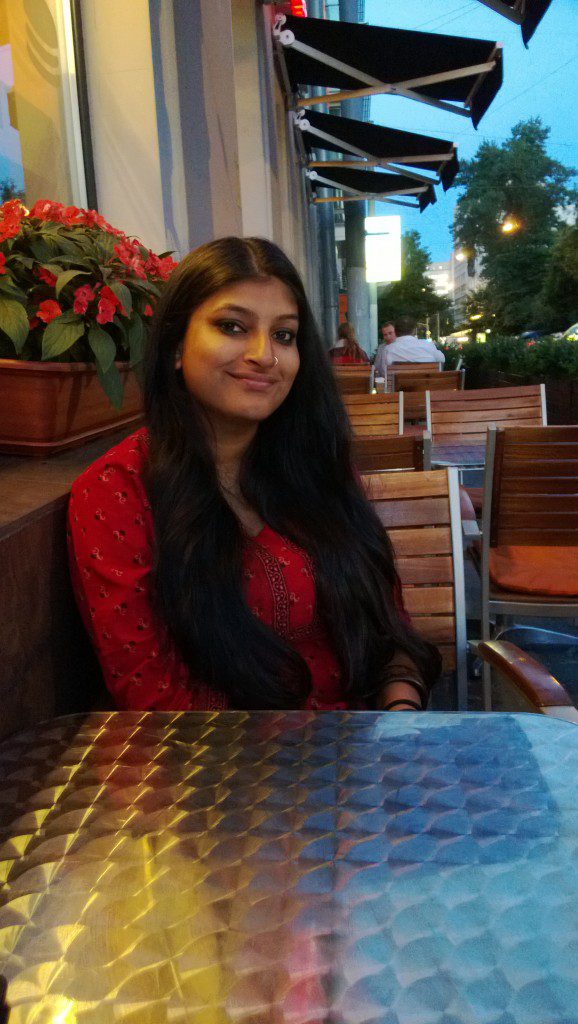 Mahima Singh
Mahima Singh
Mahima works for newslaundry.com, an independent media website in India. Mahima believes that the freedom of expression is one of the core fundamentals of a healthy society . She has been advocating freedom since her college days when she was forced to take down a story she had written because it upset the authority.
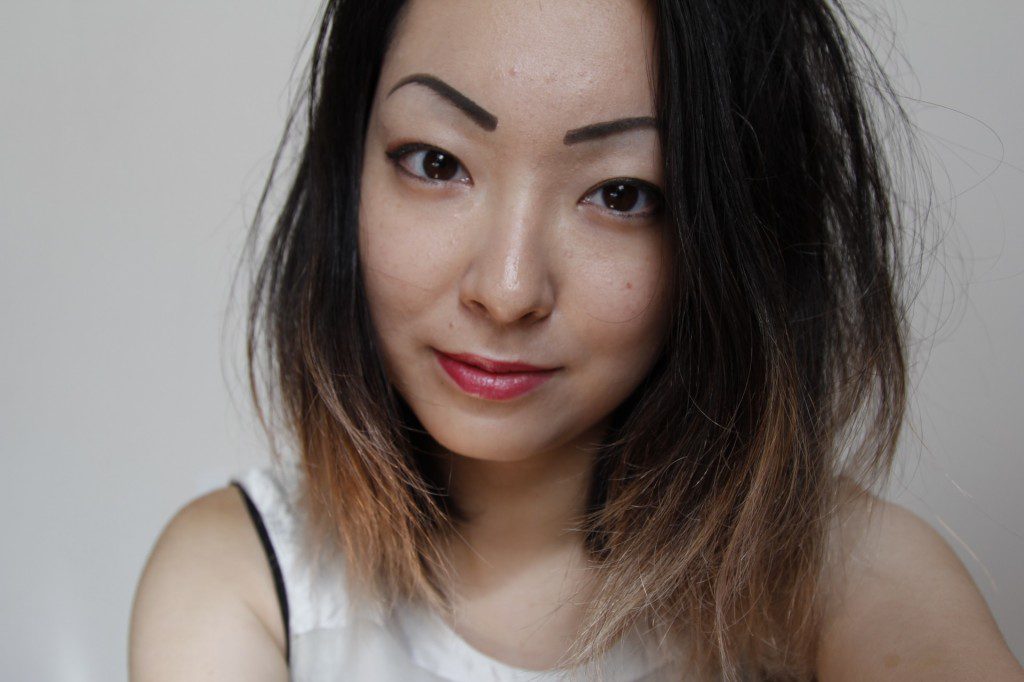 Mari Shibata
Mari Shibata
Mari is a freelance newsgatherer for AP Television, a BFI-funded filmmaker and ocassional writer for Vice. Also a Cambridge University graduate in music, she is passionate about issues surrounding free expression in the cultural arts from conflict zones.
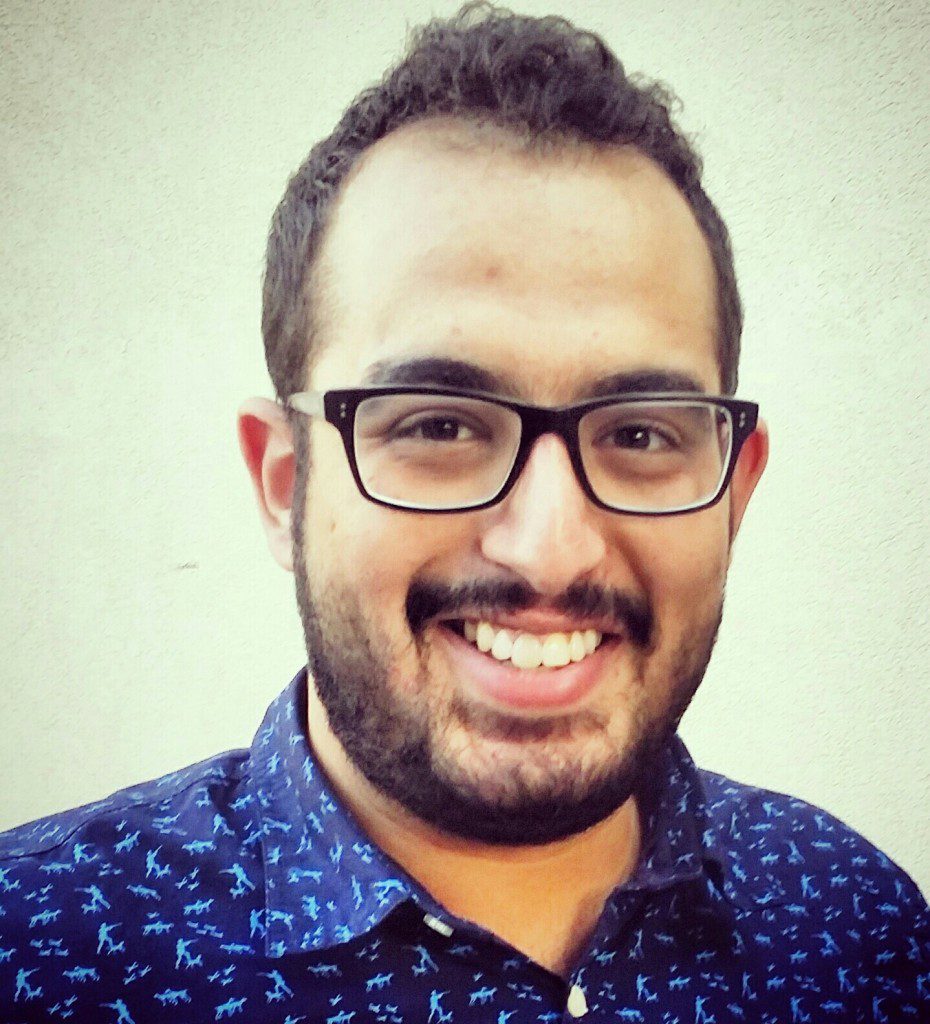 Mohanad Moetaz ElHawary
Mohanad Moetaz ElHawary
Mohanad is an Egyptian Engineering major in the Middle East. With the Arab uprisings over the last few years, his passions for freedom of expression and human rights were further consolidated. Mohanad is currently secretary, editor and founding member at a university club called ‘Fikir’ (meaning ‘thought’) that aims to encourage social involvement and responsibility.
The application period for the next youth board will open in May 2015 for the June to November cohort.
What is the youth board?
The youth board is a specially selected group of young people aged 16-25 who will advise and inform Index on Censorship’s work, supporting our ambition to fight for free expression all around the world and ensuring our engagement with issues relevant to tomorrow’s leaders.
Why has Index started a youth board?
Index on Censorship is committed to fighting censorship not only now, but also in future generations, and we want to ensure that the realities and challenges experienced by young people in today’s world are properly reflected in our work.
Index is also aware that there are many who would like to commit some or all of their professional lives to fighting for human rights and the youth board is our way of supporting the broadest range of young people to develop their voice, find paths to freely expressing it and potential future employment in the human rights/media/arts sectors.
What does the youth board do?
Board members meet once a month via Google Hangout to discuss the most pressing freedom of expression issues of the moment and to set a monthly question for our project, Draw the Line. You will be expected to write a minimum of 1 blog post introducing/concluding the question of the month and to help us spread the word about Index.
There is also the opportunity to get involved with events such as debates and workshops for our work with young people and also events such as our annual Index Freedom of Expression Awards and Index magazine launches.
How do people get on the youth board?
Each youth board will sit for a term of 6 months.
Current board members are invited to reapply up to one time.
The board will be selected by Index on Censorship in an open and transparent manner and in accordance with our commitment to promoting diversity.
Why join the Index on Censorship youth board?
You get the chance to be associated with a prestigious media and human rights organisation and have the opportunity to discuss issues you feel strongly about with Index and with other amazing young people (internationally). At each Board meeting we will also give you the chance to speak to someone senior within Index or the media/human rights/arts sectors, helping you to develop your knowledge and extend your personal networks and you’ll be featured on our website.
9 Dec 2014 | Azerbaijan, Azerbaijan News, Magazine, News, Volume 43.04 Winter 2014

Campaigners outside the Baku court where members of N!DA were being sentenced (Photo: © Jahangir Yusif)
Azerbaijani activists Rasul Jafarov and Rebecca Vincent wrote an article for Index on Censorship magazine in December 2013 covering attacks on photojournalists, featured alongside a photo essay by photographers. A year later, the magazine asked Vincent to return to the issue, and cover how the past year has meant increasing risks for photographers, journalists and activists. One of the original photographers Jahangir Yusif returns to Index to illustrate the story. Jafarov is currently detained by the government, awaiting trial. Below, is a preview of the article to be featured in the next issue of the magazine.
Azerbaijani human rights defender Rasul Jafarov and I co-authored a piece for Index on Censorship magazine on behalf of the Art for Democracy campaign, focusing on the pressure faced by Azerbaijani photographers who covered risky topics such as corruption and human rights abuses. The piece ran alongside a photo story by some of the country’s most talented independent photographers.
That piece was typical of the work of the Art for Democracy campaign, which used all forms of artistic expression to promote democracy and human rights in Azerbaijan. Now, a year later, the human rights situation in Azerbaijan has worsened immeasurably. Rasul Jafarov was arrested and remains in detention, facing a serious jail sentence on fabricated and politically motivated charges, alongside a number of other prominent human rights defenders. Art for Democracy’s activities have been effectively suspended, as well as the operations of nearly all of the remaining human rights NGOs in the country.
Indeed, the past year has seen the most unprecedented of all human rights crackdowns to date in Azerbaijan, as the authorities work aggressively to silence the country’s few remaining voices. As a result, there are currently more than 90 reported political prisoners in Azerbaijan, including some of the country’s leading human rights defenders, lawyers, journalists, and bloggers.

Police and activists clash during the run-up to the presidential election (Photo: © Jahangir Yusif)
Rasul Jafarov’s case bears all the hallmarks of the pressure exerted on human rights defenders in Azerbaijan. He had been on the authorities’ radar for years, with his earlier work for the Institute for Reporters’ Freedom and Safety and, since December 2010, in his role as the founder and Chairman of the Human Rights Club. Perhaps most notably, Jafarov co-ordinated the Sing for Democracy campaign, which used the May 2012 Eurovision Song Contest, held in the capital Baku, as a platform to expose on-going human rights violations in the country and promote democratic change. He was the driving force behind the creation of the Art for Democracy campaign.
Alongside Art for Democracy’s activities, Jafarov worked to expose the situation of political prisoners. On the eve of the October 2013 presidential election the Human Rights Club released a list Jafarov had compiled of political prisoners, revealing a shocking 144 cases. The election itself was marred by widespread electoral fraud and saw incumbent President Ilham Aliyev re-elected for a third term in office.
In 2014, Jafarov continued working on the list and coordinating efforts among NGOs to achieve consensus and develop a joint version of the list, which would prove crucial to international advocacy efforts. Along with some of the other human rights defenders who have since been targeted, Jafarov repeatedly raised the issue at the Council of Europe, and advocated the appointment of a new special rapporteur to take up the work of a previous rapporteur whose efforts were defeated by lobbying from the Azerbaijani government. Jafarov also announced plans to launch a new campaign, Sports for Rights, ahead of the first European Games, which are due to be held in Baku in June 2015.
As a result of these activities, Jafarov faced a number of pressures from the authorities, but he persevered. He was aware of the risks, but also remained hopeful that the situation in his country would improve. He was dedicated to his work defending the rights of others and attempting to hold his government to account. Indeed he remains passionately committed to these aims even now, in detention.
After having his bank account frozen and being prevented from travelling outside of the country, Jafarov was arrested on 2 August and charged with illegal entrepreneurship, abuse of office, and tax evasion. The fabricated and politically motivated charges were similar to those used against other prominent human rights defenders. Some of the charges were linked to the fact that the Human Rights Club remained unregistered, despite the fact that Jafarov had been attempting to register the NGO with the state for more than three years, an issue pending consideration by the European Court of Human Rights. Jafarov remains held at the Kurdekhani detention centre, awaiting trial.
Jafarov is only one of many prominent human rights defenders to have been targeted in Azerbaijan in recent months. On 26 May, the chairman of the Election Monitoring and Democracy Studies Centre Anar Mammadli, was sentenced to five and a half years in jail, and his colleague Bashir Suleymanli to three and a half years on charges including illegal entrepreneurship, abuse of office, and tax evasion. Elnur Mammadov of the International Cooperation of Volunteers’ Union was also sentenced to two years on probation.

Protesters campaign for the release of imprisoned activists (Photo: © Jahangir Yusif)
On 30 July, the head of the Institute for Peace and Democracy, Leyla Yunus, was arrested on politically motivated charges of treason, fraud, forgery, tax evasion, and abuse of office. Her husband, an activist in his own right, Arif Yunus, was arrested on 5 August on charges of treason and fraud. On 8 August, the head of the Legal Education Society Intigam Aliyev was arrested on similar politically motivated charges: illegal entrepreneurship, abuse of office, and tax evasion. There are now a total of nine human rights defenders behind bars in Azerbaijan. In addition, the whereabouts of the director of the Institute for Reporters’ Freedom and Safety Emin Huseynov have been unknown since 8 August, the day his organisation’s office was searched and sealed shut by police.
Parallel to these arrests, the authorities have stepped up other forms of pressure against both local and foreign NGOs, making it nearly impossible for organisations working on issues related to human rights and democracy to continue operating in the country. This has resulted in the closure or suspension of activities of many of the remaining human rights NGOs in the country. Parliament continues to tighten legislation related to the operations and financing of NGOs, cutting off vital sources of funding for independent groups and making it difficult to carry out even routine activities.
At the same time, other violations continue, such as pressure against the few remaining opposition and independent media outlets in the country. Prominent investigative journalist Khadija Ismayilova was arrested on 5 December, as government officials and their supporters employed new tactics in their relentless attempts to silence her. Journalists Seymur Khaziyev and Khalid Garayev, both presenters of the Azerbaijan Hour programme, were arrested on 29 August and 29 October respectively, bringing the current total of journalists and bloggers behind bars to 15. The Azadliq newspaper, the country’s main opposition daily newspaper, teeters on the brink of closure, facing serious financial hardship because of excessive fines from civil defamation lawsuits and a number of other pressures from the authorities.
In an ironic twist of fate, in the midst of this unprecedented crackdown, Azerbaijan in May 2014 assumed the chairmanship of Council of Europe, a body whose very purpose is to safeguard human rights and democratic values. Sadly, during Azerbaijan’s chairmanship, the Council of Europe, and, the broader international community, has done little to hold the government to account for its human rights obligations.
Now, with Jafarov and so many of his colleagues behind bars and the organisations they represent effectively paralysed, concrete international support is needed more than ever. Azerbaijan’s few remaining independent voices are under siege and will not be able to hold out much longer.
©Rebecca Vincent
www.indexoncensorship.org
Rebecca Vincent is a human rights activist and former diplomat who writes regularly on human rights issues in Azerbaijan. She served as advocacy director of the Art for Democracy campaign until April 2014
Jahangir Yusif is a photo-journalist whose work was featured in the original article 12 months ago, read the original article here.
Index recently was part of a protest at the Azerbaijani embassy, read more about it here.
This article is from the upcoming winter edition of Index on Censorship magazine. Subscribe to Index on Censorship magazine by Dec 31, 2014 for 25% off a print subscription.
This article was posted on 9 December 2014 and appears in print as Azeri attack in the Winter 2014 Index on Censorship magazine.
9 Dec 2014 | Bahrain, News
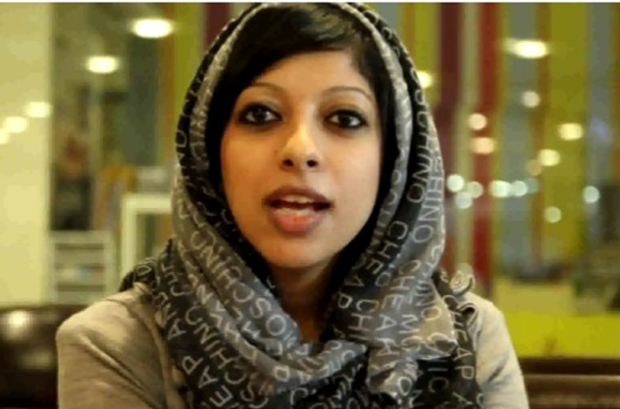
Bahraini human rights activist Zainab Al-Khawaja was handed an additional 16 month sentence for insulting a public official, according to her sister Maryam Al-Khawaja, co-director of the Gulf Center for Human Rights.
Last week, Zainab Al-Khawaja was sentenced to three years in prison and fined 3,000 Bahraini Dinar (£5,000). She was on trial for tearing up a photo of King Hamad bin Isa Al-Khalifa at an October court date where she faced charges connected to previous rights campaigning. This comes only a week after she gave birth to her second child.
In a tweet, Maryam Al-Khawaja criticised the United Kingdom’s decision to move forward with a military base in Bahrain. “UK basically gave Bahrain regime a free pass to do pretty much anything they want,” she wrote.
The Al-Khawaja family have been heavily involved in Bahrain’s pro-democracy movement, and have been continuously targeted by authorities in the constitutional monarchy.
Al-Khawaja’s father Abdulhadi Al-Khawaja has been serving a life sentence since 2011 for the role he played in the country’s ongoing protest movement which started that year. Her sister Maryam Al-Khawaja boycotted the recent court hearing which saw her sentenced to one year in prison on what is widely acknowledged to be trumped up charges.
This article was posted on 9 December 2014 at indexoncensorship



 Abishek Phadnis
Abishek Phadnis Ásta Helgadóttir
Ásta Helgadóttir Catarina Demony
Catarina Demony Jordan Mitchell
Jordan Mitchell Kay Robinson
Kay Robinson Mahima Singh
Mahima Singh Mari Shibata
Mari Shibata Mohanad Moetaz ElHawary
Mohanad Moetaz ElHawary


